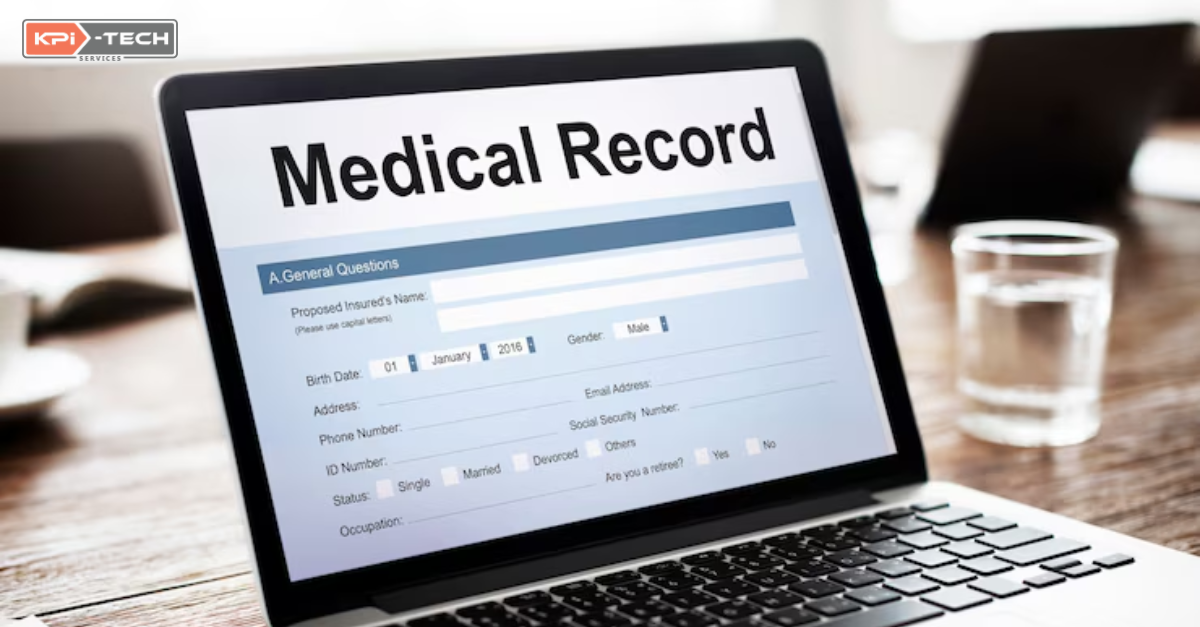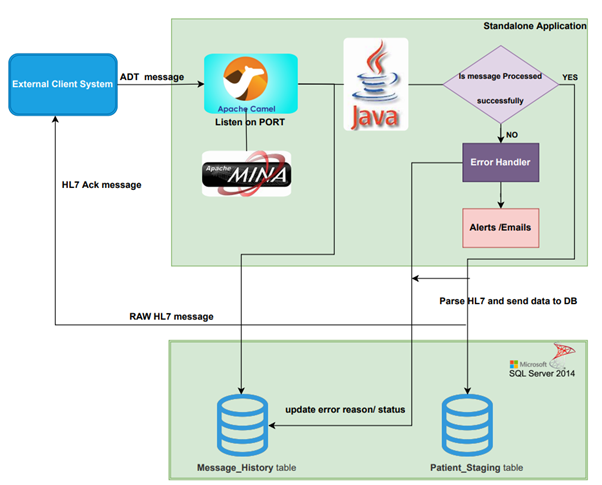Custom Java Application for Healthcare Integration

Overview
Our client provides digital scanning and storage solutions to the healthcare industry in North America. Their expertise in digital documentation has saved employees time in searching for files, and they are now looking to pivot to remote or hybrid work. With years of experience in US Healthcare and IT services, we offer high-level support to enhance their business. We have a proven track record of providing custom software development services to the US Healthcare IT sector, resulting in accelerated growth and increased revenue.
Business Need
Our client required a solution to replace their current interface engine. However, available interface engines were not open source and therefore expensive. Adopting a new engine would have also added monthly maintenance costs. Additionally, our client's interface requirements were minimal, making it unnecessary to employ an interface engine
Challenges
To address these challenges, our team at KPi-Tech proposed developing a customized application. However, this presented new challenges, including ensuring that new APIs were secure and ensuring that the new application had all the functions of an interface engine to capture all the necessary data.
Solution
As part of the solution, we create a Custom Java-based application that listens to HL7 messages on a specific port from the hospital software. The application sends an acknowledgment back to the hospital software immediately after receiving the message, and it parses HL7 messages and stores them in the database. The application also includes an error handler to manage message receive errors, parsing HL7 message errors, and message processing errors, with alerts sent via email.
The custom Java application was built using Java 11, Spring JDBC, Spring Core, Maven, Apache Camel, Apache Mina, JavaMail, and MSSQL Server. The application provides enhanced security as it runs in a secure private network that is not available publicly. Camel offers encryption/decryption services to secure payloads or selectively apply encryption/decryption capabilities on portions/sections of a payload. The data encryption is as per HIPAA standards, ensuring compliance.

Plugins Used:
- Apache Camel - This plugin will receive HL7 messages and routes to Apache Mina from the scanning software.
- Apache MINA - Runs standalone application & acknowledges using Happi.
Technology Stack
- Java 11
- Spring JDBC
- Spring Core
- Maven
- Apache Camel
- Apache Mina
- JavaMail
- MSSQL Server
Results
Our experts successfully replaced an interface engine with a Java-based custom application to parse and store healthcare data securely. The standalone application was built at half the price of an interface engine without any recurring or maintenance costs, making it a cost-effective solution for our client. Our client was pleased with the results and appreciated the tailored solution we provided.
We believe in a collaborative partnership when developing custom software.
Our team works closely with your company to seamlessly integrate quality, value, and service into your unique applications.





